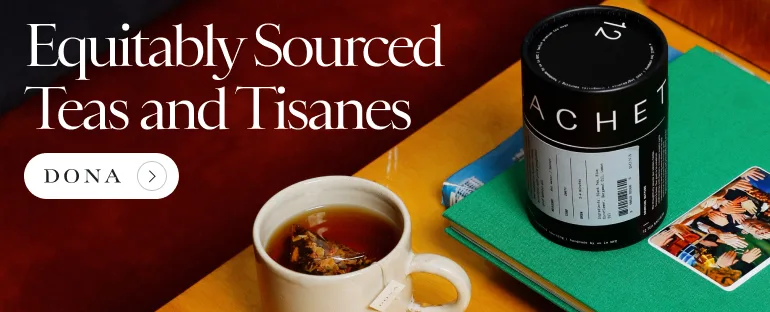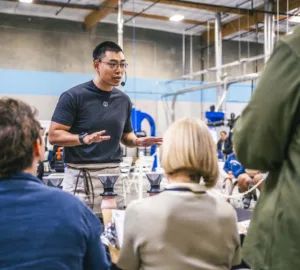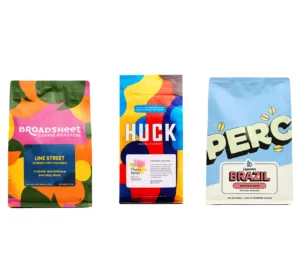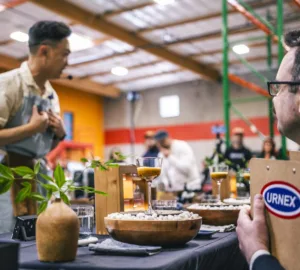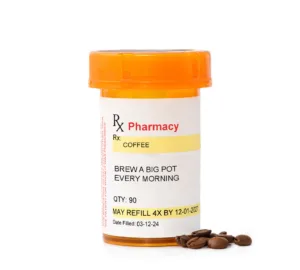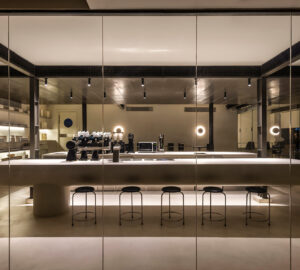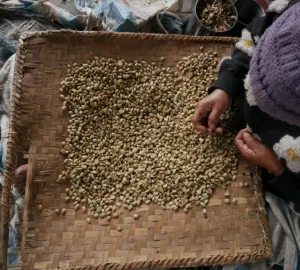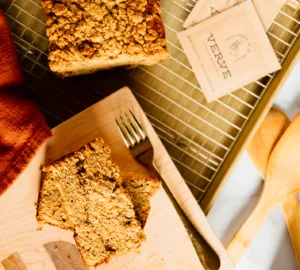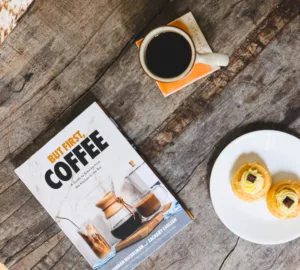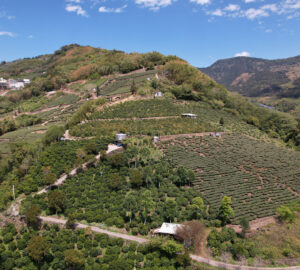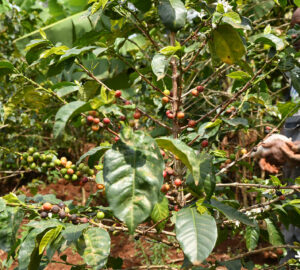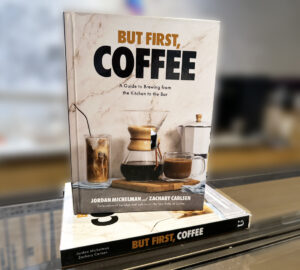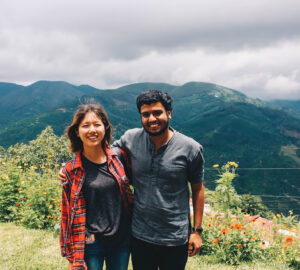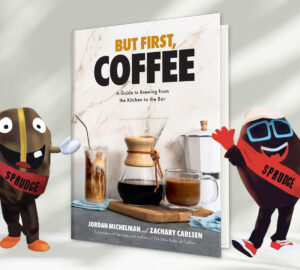New York-based boutique purveyor Craft Coffee has been around since early 2011, but they’re enjoying a recent resurgence in quality and relevance. To be perfectly frank, we’ve slept on Craft Coffee for a while, but their most recent shipment to Sprudge.com Bay Area HQ made us stand up and take notice – three delightful coffees from Irving Farms, Dogwood and Augie’s Coffee Roasters, accompanied by delightful tasting notes. To the uninitiated, Craft Coffee is a subscription-based service that sends its subscribers three carefully curated 4oz bags of coffee once a month. The coffees come from roasters across North America, and in a departure from their previous practices, the bags are now stamped with a roast date, accompanied by unique descriptions and information. During a recent trip to New York, Sprudge.com sat down with Sam Lewontin, curator for Craft Coffee and manager at Everyman Espresso, to pick his brain over the delightful development of Craft Coffee.
(Editorial note: the following conversation occurred over macchiatos infused with yellow chartreuse provided by Alex Bernson, formerly of Vandaag, now of Joe NYC)
Sprudge: Sam! Talk to us about how Craft Coffee whittles down the roasters you use.
Sam Lewontin: Man, this Yellow Chartreuse macchiato is a serious business. Alright, so here’s how it works: we ship 3 coffees a month, but those are chosen out of a batch of roughly 20-30 coffees total, which usually represents around a half a dozen roasters. We do some light solicitation of roasters, but for the most part, we’re getting a lot of top quality stuff sent to us – the recent coffee we included from Dogwood in Minneapolis is a great example of that.
Sprudge: So you get the coffees into New York, and then what?
Sam Lewontin: Well, we get the samples, we cup them, and then we narrow those samples down by choosing the standouts from the “first table”. Our favorites wind up on a “second table”, which is where the tough choices are made. We cup all of our coffees blind – previously Craft Coffee wasn’t cupping using an evaluative method, but that’s something we started doing around 3 months ago. After cupping, we brew our favorite coffees in our lab and choose the ones we think stand out and complement each other.
Sprudge: We’re a huge fan of your tasting notes. Are you pulling those notes from cupping, or from brewing, or some kind of metaphysical black magic?
Sam Lewontin: Our notes come out of a variety of brewing methods, but not from cupping. My personal favorite method for brewing notes is the Kalita Wave, but we don’t restrict people to one particular brewing method or another.
Sprudge: So it’s all blind? Or is there, you know, an overarching theme you’re going for each month?
Sam Lewontin: We do cup blind, but it’s important for us to have variety – last month we featured two African coffees, but they’re wildly different coffees from each other. That Kenya from Dogwood is a crazy jammy natural coffee, while the Augie’s Coffee Guji is your classic washed Ethiopian. We don’t like repeating flavor profiles or origins in the same box, or even from month to month.
Sprudge: We gotta admit: we’d never heard of Augie’s before we received last month’s box from Craft Coffee.
Sam Lewontin: Yeah! Augie’s is from Redlands, California – really great coffee, right? We usually feature a couple of roasters that specialty coffee types have heard of, and then some other ones where you’re like “Huh?” – that’s part of the fun. The idea is to be really even-handed and go by coffee quality, but we’re particularly interested in boutique microroasters. Featuring coffees from places like Augie’s, Dogwood, Olympia Coffee Roasters, Paradise, Coava…we want to give these boutique roasters more exposure.
Sprudge: Last question: from a logistics perspective, when in the post-roast cycle do Craft Coffee subscribers typically receive your coffees?
Sam Lewontin: The roasters ship their coffees to us ASAP off-roast; we turn around and ship them to you right away so that they typically arrive 7 days after roasting. Since we’re shipping 3 4 oz. bags, you wind up with enough to make a couple of nice coffees for yourself every day for a week, while the coffee is still optimal.
We expect a lot more great stuff from Craft Coffee in 2011 and beyond – learn more by checking them out here.













